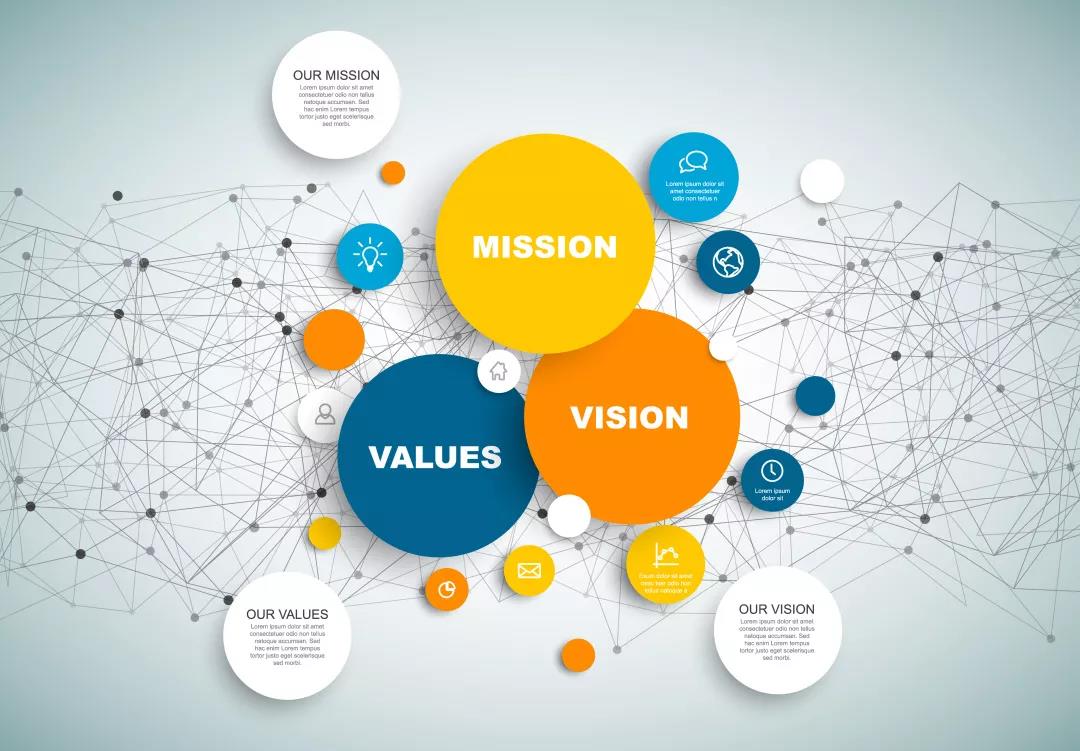As management master Peter Drucker once said, “The greatest danger in times of turbulence is not the turbulence; it is to act with yesterday’s logic” How should a firm weather through this current era of uncertainty?
Believe in and stick to the long game, Liu Xue, professor with Peking University’s Guanghua School of Management, told companies in an article originally published in the 2019 November issue of the Chinese language-edition of Harvard Business Review. The endgame is an ecological system where companies, clients, shareholders, employees and communities and other interested parties co-exist and flourish.
Nowadays, the global governance system is under threats, and the risks of unregulated competition is significantly higher. With the Internet, artificial intelligence and big data tightening the tie between international trade and national security, distrusts between countries are holding back the cross-border trade of hi-tech products. Faster technological innovations and disruptive changes in demand result in ever shorter industrial life cycles. New businesses face an increasingly small window of entry, leaving entrepreneurs little time for observation and analysis before making decisions. Meanwhile, China is in a crucial stage of structural adjustment and industrial upgrade.
In order to play the long game, companies should map out a strategic development blueprints that focus on promoting long-term values and safeguarding core interest parties such as shareholders and valuable employees. There are five tips.

PICTURE AN INDUSTRIAL ENDGAME
While not necessarily needing to focus on expansion, a firm should have the industrial endgame in mind when making strategic decisions, and make preemptive arrangements concerning resources while keeping its pace in sync with the market. By doing so, it is effectively guarding itself against potential uncertainties.
Some say persistence and hard work are also key for playing the long game, but an undesirable scenario is continuing ahead on a wrong path will lead to greater losses and more opportunities missed. Success is only possible if one is on the correct path.
BALANCE BETWEEN CONTROL & FLEXIBITY
In times of uncertainties, a balance between control and flexibility is key for a company’s vigor. A firm needs to adjust its organizational structure and distribution of decision-making rights in accordance with the changes in exterior environments. Meanwhile, uncertainty means it is difficult to pin down accountability when a decision goes wrong. In order to avoid that, a company needs to set down an interior mechanism of performance evaluation, rewarding and accountability that fits its own organizational structure and goals. A good enterprise culture will help ensure that authorized personnel have sound motives when making decisions.
It is a key management skill to boost flexibility without sacrificing control.

OBSESS OVER CUSTOMERS
With functional products in severe overflow nowadays, only products that a limited number of people love a lot can have its share of the market. In order to achieve that, a company should have a clear idea of its precise target groups and market segmentation, accurately reflecting clients’ demands and tastes in its products.
For product providers, aesthetics and craftsmanship are two key factors when it comes to obsessing over customers. Function is a product’s basic value, but aesthetic experiences determine whether customers are willing to identify with the product in the long run. It means that the manufacturing process should involve a high level of craftsmanship to guarantee details so that the final products represent customers’ souls, tastes and values.
COMMUNICATION & SUPPORT
The long game might be a boring and lonely road, especially in the early or transition stages when a company’s long-term values are not in shape. A firm should explore a mechanism to effectively communicate with shareholders to make them understand its long-term values and identify with its industrial insights and strategic plans so that they are willing to offer support for the company, especially in crucial development stages.

PURPOSE & VALUES
When exterior environments are unstable and a company loses its bearing, purpose and values are its compass for strategic decisions to find the right way. They are also crucial for a business to go on when push comes to shove.
However, it is worth noting that these common values are in no way achieved by force-feeding employees. Instead, employees naturally embrace them when they identify with the company’s purposes and participate in the process to create such values. It is crucial to ensure that executive-level decision-making is in line with these values.
In order to attract talents and make them stay, it is more effective to let them buy into companies’ shares so as to integrate their interests into the company’s development than short-term cash stimulus. It is also a good way to help them develop long-term thinking for the company.
Playing the long game is a belief as well as a strategic thinking. It does not mean ignoring current situations. Instead, it requires a company to go back to the basics of commerce and uphold principles that remain hard and fast in any given situation. More entrepreneurs playing the long game a country has, more secure a country’s economy is. On the other hand, opportunists will only bring more challenges in times of uncertainty.
 Programs
Programs